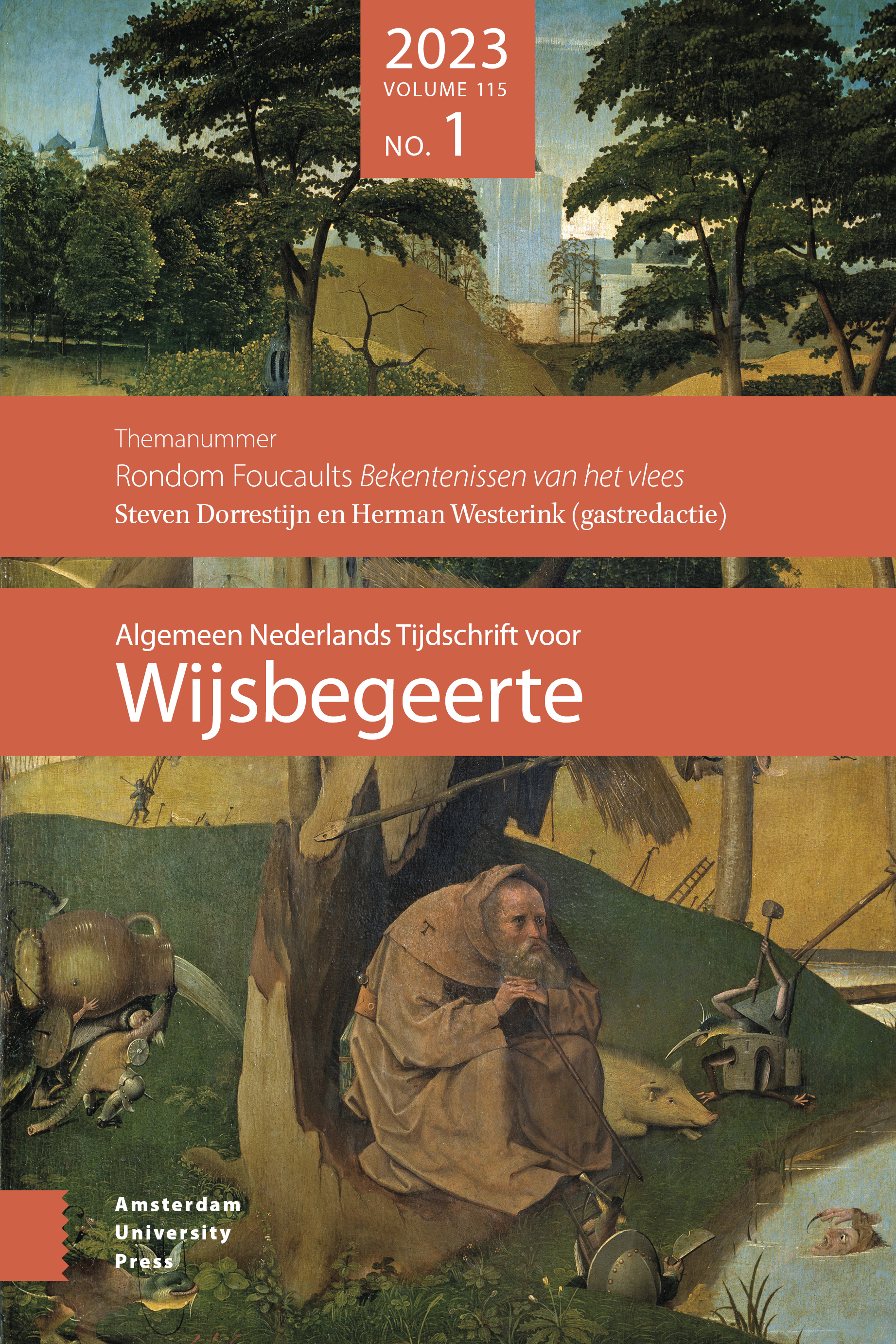-
oa Kunnen wij onze eigen dood onder ogen zien?
- Amsterdam University Press
- Source: Algemeen Nederlands Tijdschrift voor Wijsbegeerte, Volume 111, Issue 4, Nov 2019, p. 643 - 668
-
- 01 Nov 2019
Abstract
Can we face our own death?
We all know, of course, that we will once die. But do we, can we, really face up to the fact, can we live in a way that really takes it into account? Many philosophers have doubted that we can. Some of them appeal to conceptual arguments, for example the Epicurean argument that we cannot attribute any personal value to the state of our non-existence, because it is not a state of us. Others appeal to phenomenological arguments. At all other times when a possibility that we treasure is not actualized, we are left to deplore the fact, but this particular loss is more encompassing than any other loss. I argue that the conceptual arguments are interesting but in the end unconvincing. The phenomenological arguments, on the other hand, fail to show that it is impossible to live in full consciousness of our mortality, but they explain why it is so difficult for us. Finally, I consider what this tells us about the will to die.


